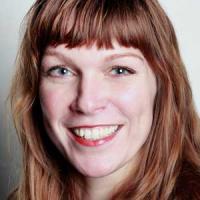
Medspitality
Processes and procedures in hospitals were optimized more and more in recent years to cope with the needs of higher patient throughput and cost saving. Anyhow an intense patient – care taker, doctor and other service personnel contact is extremely important for a successful therapy and the well being of patients. We are looking for innovative, technology supported measures to improve the impact of human contacts in hospitals in the short available time.
Project Team

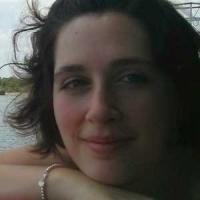
Antonella Succurro
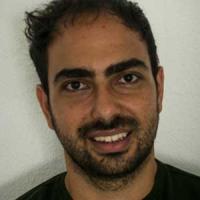
Davide Alocci
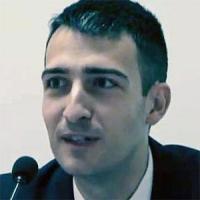
Drasko Draskovic
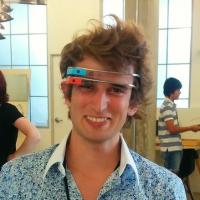
Fabricio Pontes Harsich
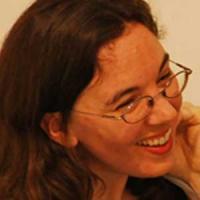
Isabelle Radtke
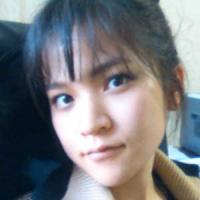
Kaoru Ochiai
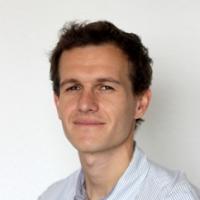
Leonardo Milano
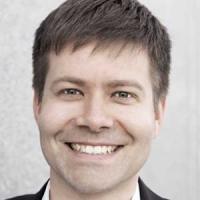
Robert Rieger

Simon Schneebeli
Resources
Medspitality
Image
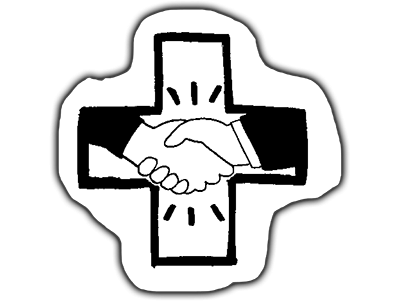
Sustainable Development Goals
Attributes
Team
pier-43